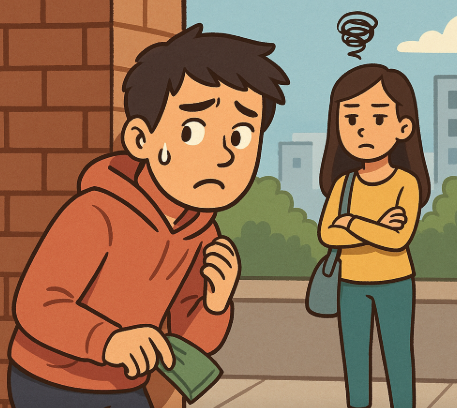Dear Parents, Let it be a Gift, not a Repayment
I’ve seen it in so many families—including my own:
That quiet, deep hope that “Once our child graduates from college, our life will finally get better.”
And honestly? I get it. That kind of hope is real and valid—especially when you’ve worked so hard and sacrificed so much. Long hours at work. Sleepless nights. Saying no to things you wanted, just to say yes to your child’s future.
But here’s something I’ve learned along the way:
Hope is beautiful, but pressure is heavy.
When we expect our kids to repay us by becoming the solution to all our problems… it becomes a silent kind of burden. And that’s not what love should feel like.
Because life doesn’t always play out the way we imagined.
Some children get married early.
Some find jobs that barely support themselves.
Some end up with partners who aren’t supportive of helping extended family.
And heartbreakingly, some are taken from us far too soon.
It hurts, I know. Because we give everything to our kids. But maybe we need to remind ourselves: sending them to school isn’t a business move—it’s an act of love.
Our children aren’t our investment plans. They’re not our saviors.
They’re people, with their own dreams, paths, and struggles too.
Now don’t get me wrong—I’ve seen so many kids give back, even when they didn’t have much. And that kind of love? It’s beautiful. But it should come from gratitude, not guilt.
Let’s raise children who can dream big, not children who carry the full weight of our dreams.
Give them the freedom to grow. To thrive. To rise—not for us, but for themselves. And if they choose to lift us along the way? Let it be a gift, not a repayment.
The Bible puts it so simply and beautifully:
“Children are a heritage from the Lord, offspring a reward from him.”
— Psalm 127:3 (NIV)
They are blessings. Not tools. Not tickets out of poverty.
So to parents:
Let’s love them without conditions.
Let’s support them without strings.
Let’s plant seeds of love—not pressure—and trust that one day, they’ll bloom in their own time.
God bless us all.





